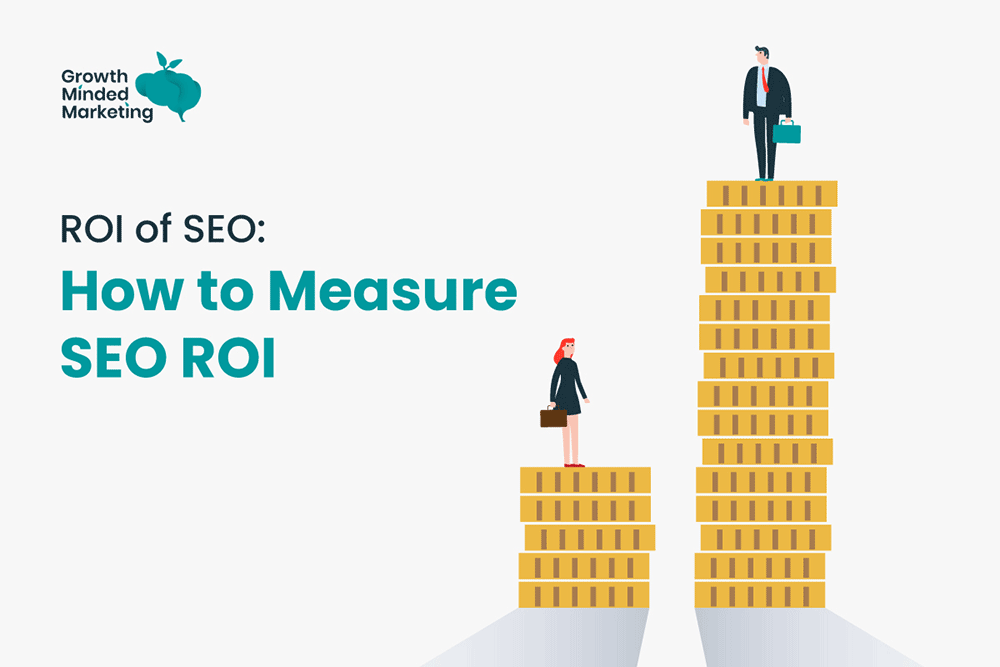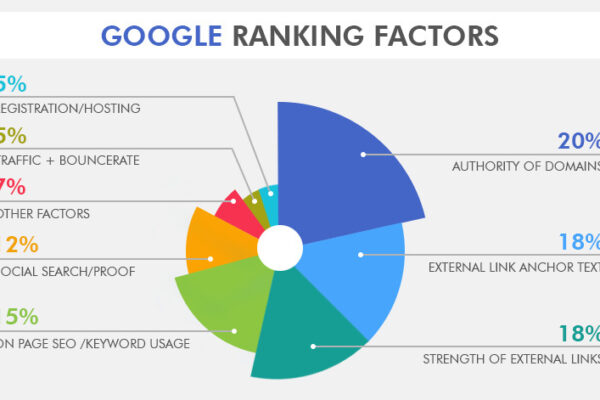How to Measure the ROI of Your SEO Campaign?
Measuring the ROI of your SEO campaign involves tracking key metrics such as organic traffic, keyword rankings, lead generation, and conversions. Begin by setting a clear goal, like increasing traffic or generating leads, and use tools like Google Analytics to monitor the changes in traffic and user behavior. This comparison will give you the ROI by showing how much you earned for every dollar spent on SEO.
What is the SEO ROI ?
SEO ROI (Return on Investment) measures the profitability of search engine optimization efforts by comparing the gains from organic traffic to the costs involved in SEO activities. It is typically calculated by assessing the revenue generated from organic search conversions against expenses such as content creation, keyword research, link building, and technical optimizations. A positive SEO ROI indicates that the investment in optimizing a website for search engines is yielding more revenue than the costs incurred. Since SEO is a long-term strategy, ROI often improves over time as rankings stabilize, leading to sustained organic traffic and lower customer acquisition costs compared to paid advertising.
How to Calculate the ROI of Your SEO Campaign ?

Measuring the ROI of your SEO campaign is crucial to determine its effectiveness and justify your marketing budget. Here’s a step-by-step approach:
- Define Your SEO Goals
Before measuring ROI, set clear goals such as:
- Increased organic traffic
- Higher keyword rankings
- More leads & conversions
- Better brand visibility
- Track Key SEO Metrics
Use tools like Google Analytics, Google Search Console, and SEO software (Ahrefs, SEMrush, Moz) to monitor:
- Organic Traffic: Growth in search engine visits.
- Keyword Rankings: Position improvements for target keywords.
- Click-Through Rate (CTR): How often users click on your search listings.
- Calculate SEO Costs
Consider the total investment in SEO, including:
- Agency or freelancer fees
- In-house team salaries
- SEO tools & software
- Content creation & link-building expenses
- Measure Revenue from SEO
To calculate revenue, track:
- E-commerce Sales: Direct revenue from organic search traffic.
- Lead Generation: Assign values to leads (e.g., if 10% of leads convert and each sale is worth $500, then each lead is worth $50).
Measuring SEO ROI isn’t instant but requires continuous tracking and refinement. Use data-driven insights to optimize performance, ensuring that your SEO strategy contributes to your business growth.
Top Tools for Measuring SEO Campaign ROI
Investing in SEO is crucial for online success, but measuring the return on investment (ROI) is equally important.Here are the top tools for measuring SEO campaign ROI:
- Google Analytics – Tracks organic traffic, conversions, and user behavior.
- Google Search Console – Monitors search performance, impressions, and click-through rates.
- SEMrush – Analyzes keyword rankings, backlinks, and competitor data.
- Ahrefs – Provides backlink analysis, keyword rankings, and organic traffic insights.
- Moz Pro – Tracks domain authority, keyword rankings, and site audits.
- Screaming Frog – Conducts in-depth SEO audits to identify technical issues.
- Google Tag Manager – Helps track conversions and user interactions efficiently.
How Long Does It Take to See ROI from an SEO Campaign?
The time it takes to see a return on investment (ROI) from an SEO campaign depends on various factors, including the competitiveness of the industry, the website’s current authority, the quality of content, and the effectiveness of the SEO strategy. Typically, businesses start seeing noticeable improvements in organic traffic and rankings within 3 to 6 months, but achieving significant ROI can take 6 to 12 months or more. SEO is a long-term strategy that requires consistent effort, including content optimization, technical improvements, and link-building.
















